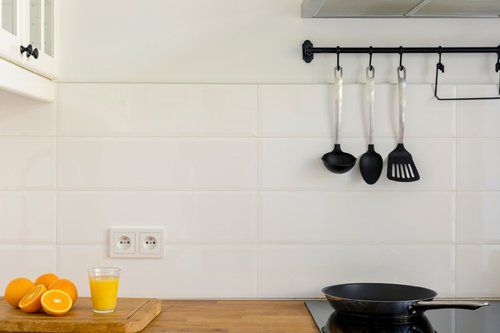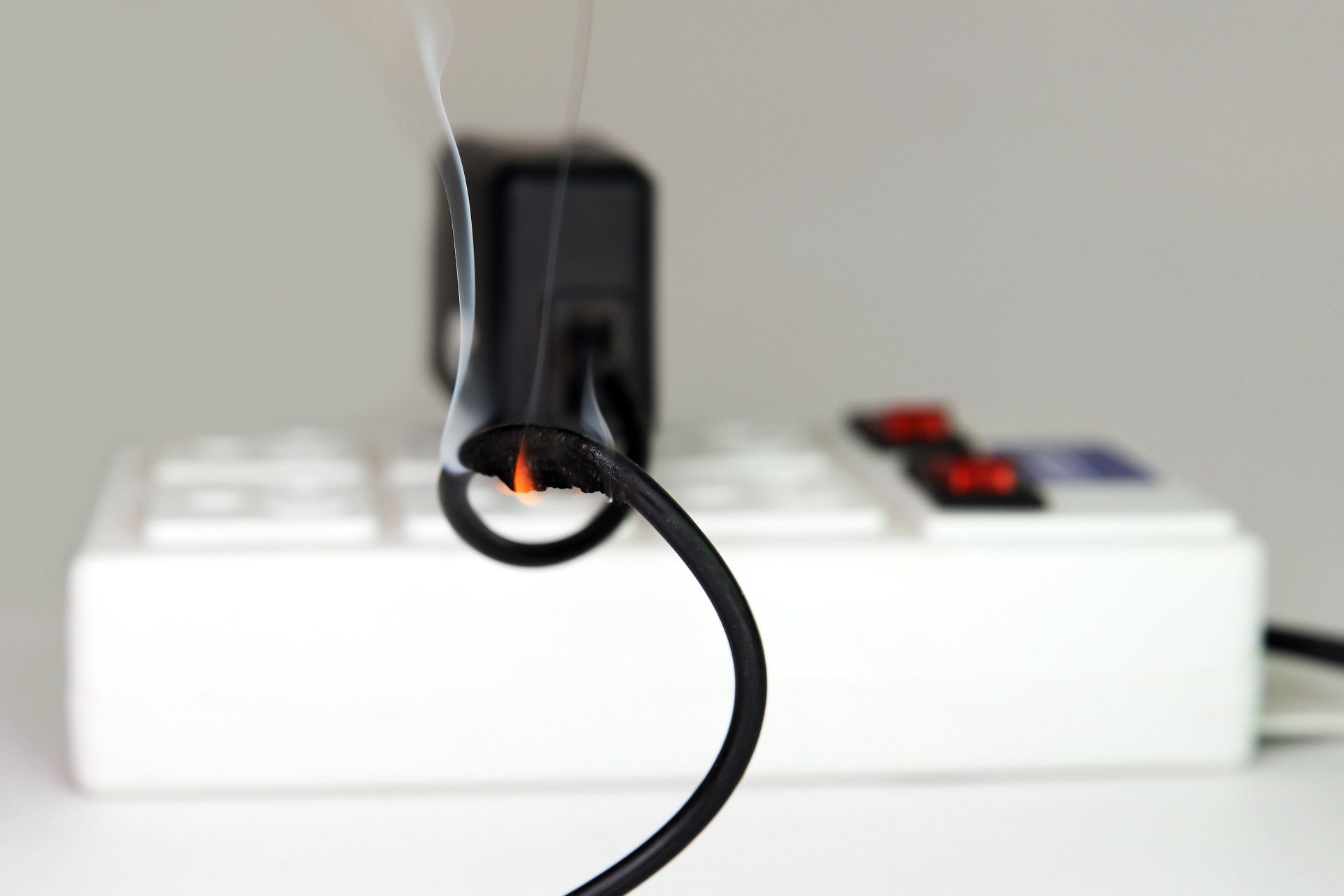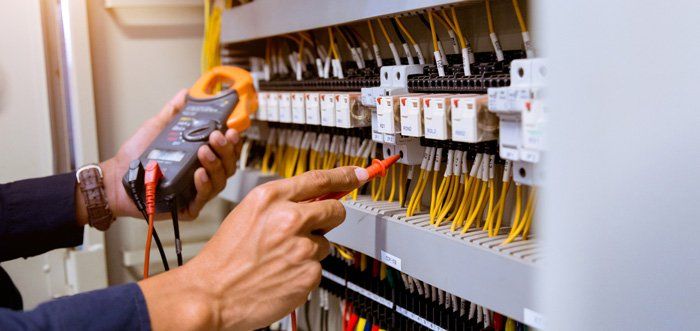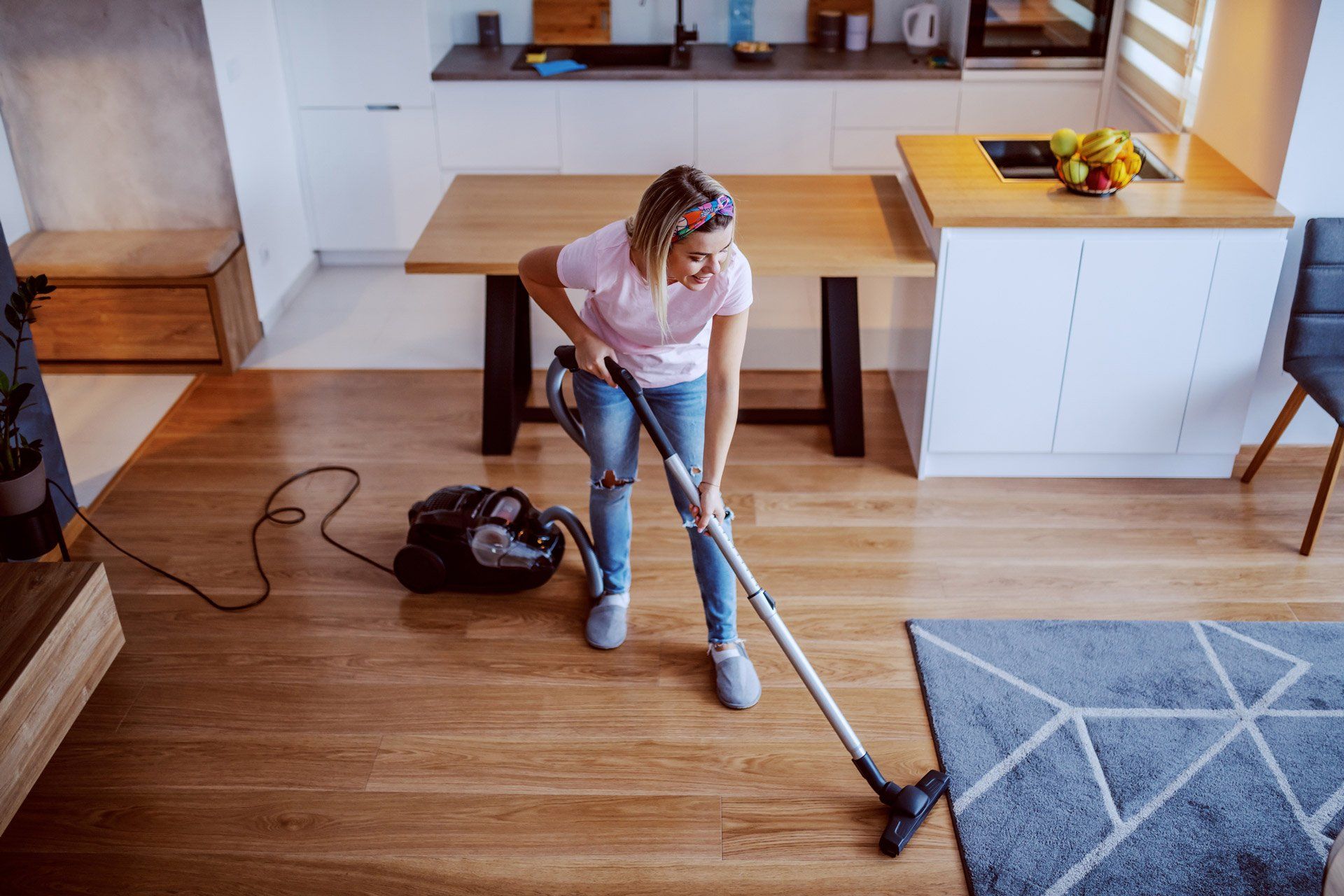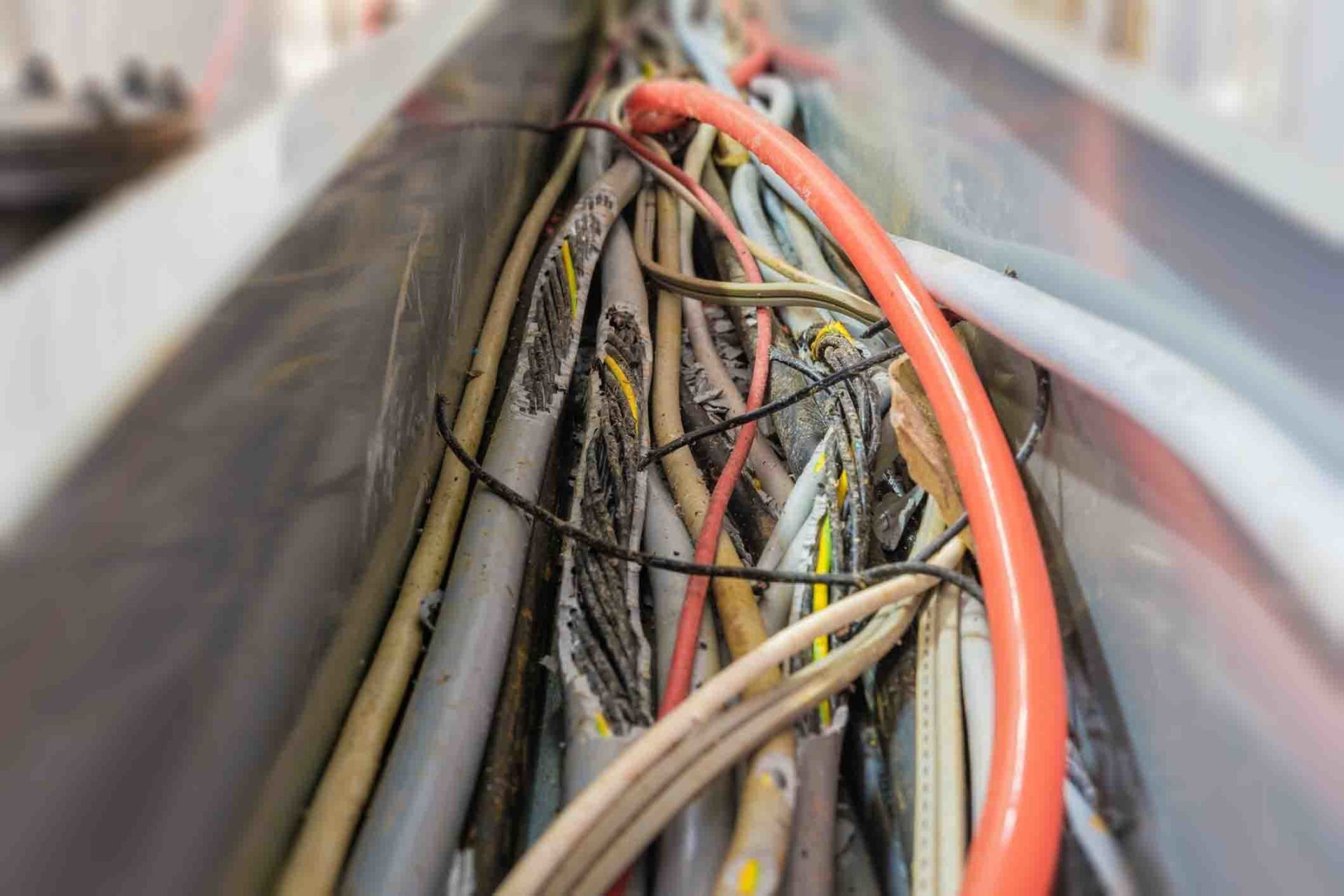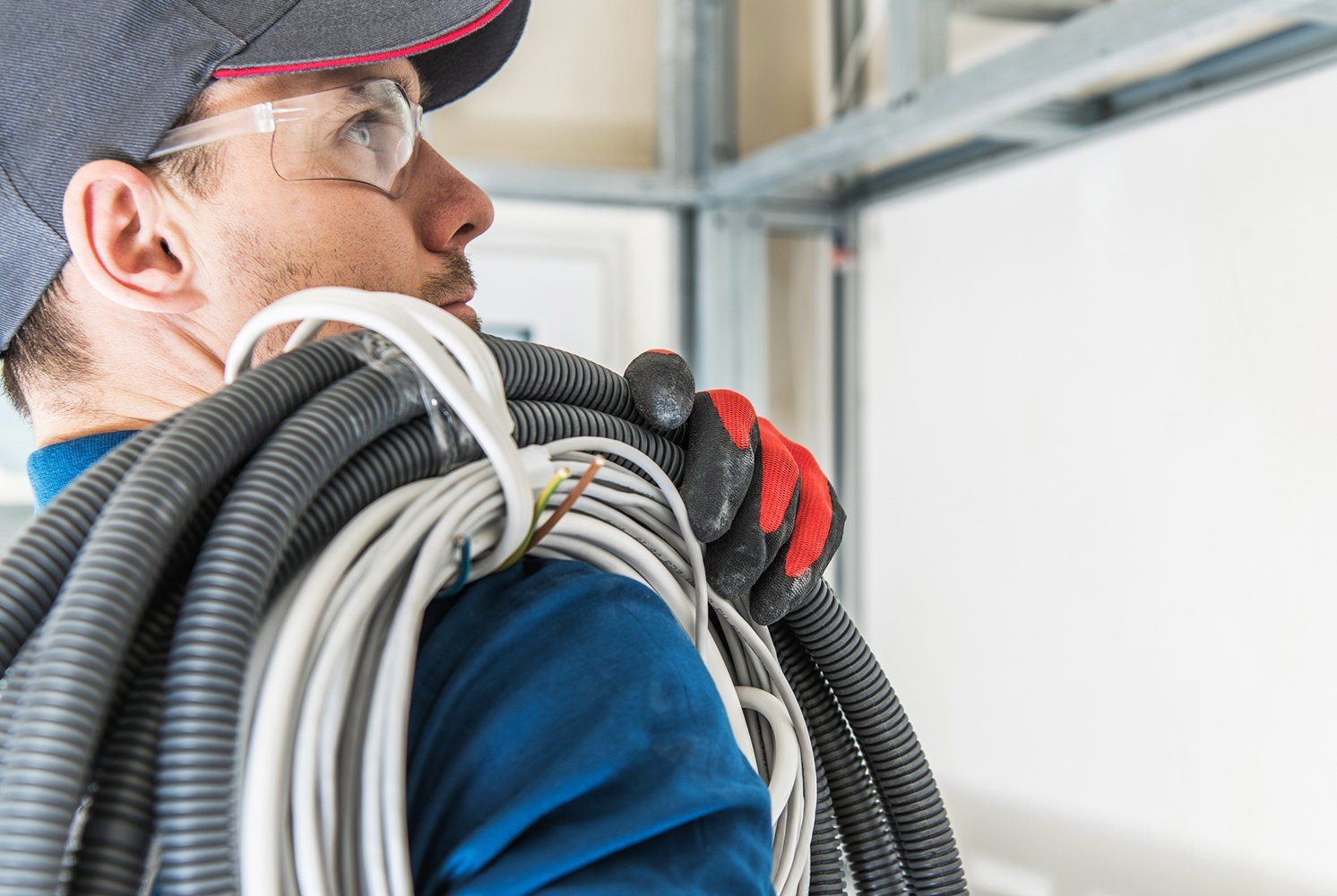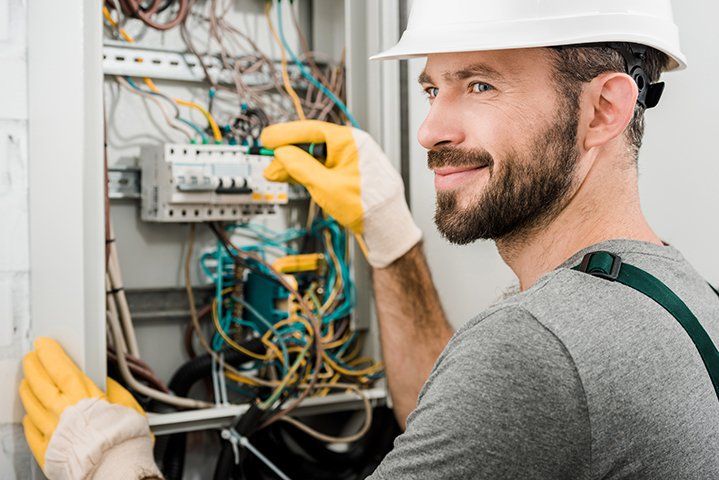How to Maintain Electrical Safety in the Kitchen
The kitchen is one of the most dangerous places in the house. High temperatures, sharp and pointed instruments, and a plethora of high-energy electrical appliances can all cause you serious injuries. Below are some measures you can take to reduce the risk of electrical danger in the kitchen.
Go Easy on Extension Cords
An extension cord is not suitable for permanent electrical connections. You should only use an extension cord for temporary electrical connections. Even for temporary use, you should confirm that you won't overload an extension cord before you use it. Don't forget that an extension cord only gives you extra outlets; it doesn't increase the capacity of an outlet.
Several things can go wrong when you use an extension cord on a permanent basis. For example, the cord can overheat, get damaged, or get overloaded. All those problems can trigger electrical shock or fire in the kitchen.
Use GFCI Outlets
A ground fault circuit interrupter (GFCI) is a safety mechanism that detects when current flows out of a circuit and cuts off the power supply. The GFCI thus prevents electrical shocks in several instances, for example, when moisture exposure causes a short circuit in an appliance. Your kitchen should have GFCIs outlets due to the high-risk of water exposure.
Use Dry Hands With Electrical Items
Water conducts electricity so it can create a short when it connects two or more electrical conductors. Don't touch electrical appliances or connections, such as outlets or cords, with wet hands. Otherwise, some of the water may drip from your hands, get into the outlet, and cause a short circuit.
Locate Appliances Away From the Sink Locate Appliances Away From the Sink
Keep your electrical appliances a reasonable distance from the sink. A reasonable distance is where normal water splashes from the sink cannot reach the appliances. Otherwise, water from the sink may affect your appliances' operations, cause an electrical fire, or even give you a nasty electrical shock.
Place Power Cords Away From Hot Surfaces
Your cooking appliances can burn and damage the insulation on your electrical cord. Damaged insulation would expose the hot electrical wires that can give you electrical shocks. Therefore, keep electrical cords away from hot surfaces or appliances. Don't wrap electrical cords around hot appliances since that would also cause heat damage.
Use Dedicated Outlets for Relevant Appliances
Electrical appliances that require a lot of energy should not share electrical circuits with other appliances. These appliances are generally major appliances that must have their own dedicated outlets. You can easily cause an electrical overload if you use one of these major appliances in a circuit that also has other appliances.
Ensure you plug each major appliance in its dedicated outlet. For example, don't plug an oven into a general outlet because the oven may cause an overload in the circuit. Don't use the same outlet for multiple major appliances in the same outlet even via an extension cord. Install additional dedicated outlets in case your electrical needs exceed the available outlets.
Don't Put Out an Electrical Fire with Water
If an electrical fire breaks out in your house, don't try to douse out the fire with water. You will only worsen the situation because water conducts electricity.
Switch off the electricity or unplug the affected appliance if you can do so safely. Use a fire extinguisher meant for electrical fires or use a heavy fabric (such as a blanket) to smother the flames.
Presley & Son Electric Service can help you ensure you stay safe in your kitchen. Contact us if you want to install, upgrade, or repair any electrical fixtures and installations in your kitchen or anywhere in the house.
